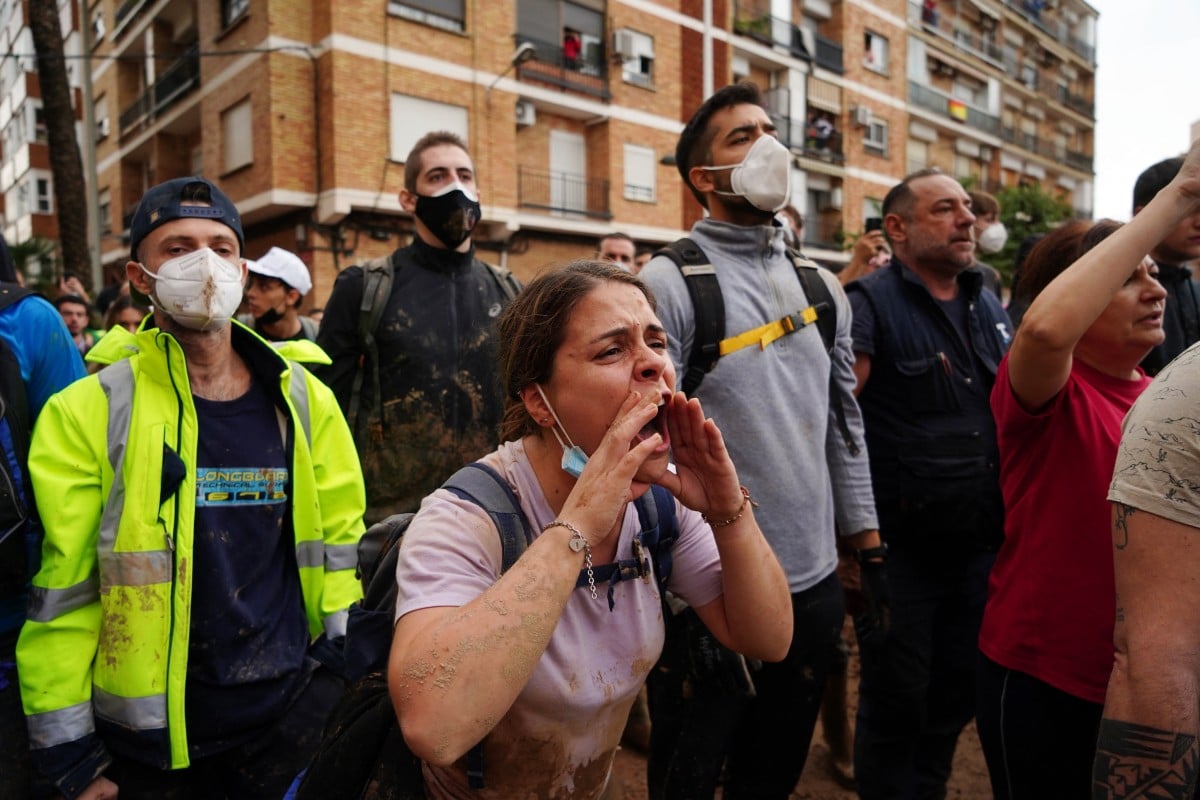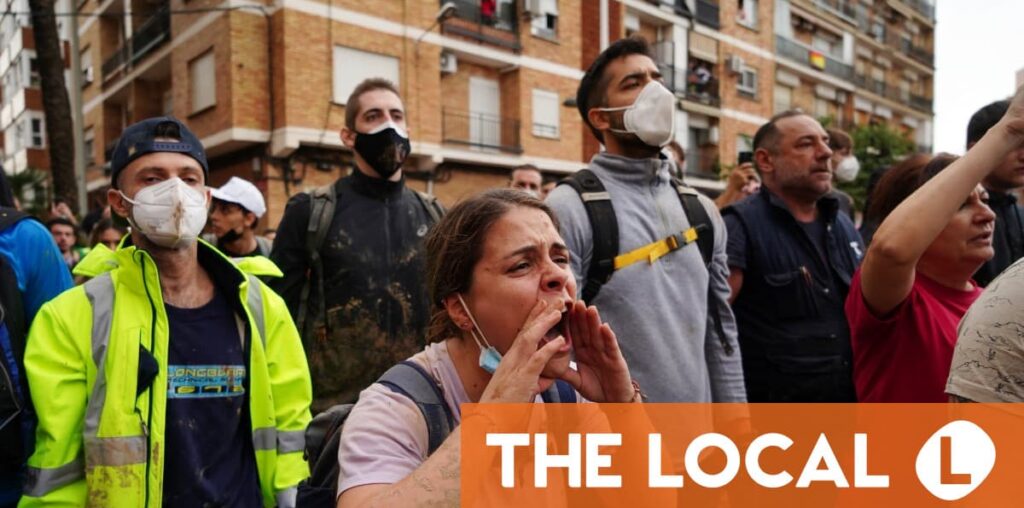
For all its faults, it may seem far-fetched to claim that Spain’s bureaucratic labyrinth costs lives.
And yet we’re not the only ones to suggest that excessive government departments, unclear distribution of responsibilities, a lack of accountability and poor communication have made Valencia’s devastating floods more destructive and deadly than they should have been.
For the past three weeks, Valencia’s regional authorities and the central government in Madrid have been engaged in more mud-slinging than the thousands of volunteers on the ground actually cleaning up the gargantuan mess.
Spain’s ruling Socialists have accused Valencian right-wing leader Carlos Mazón of sending out an SMS alert to the region’s five million inhabitants six hours too late, passing the buck to others and generally not knowing how to respond to the DANA storm.
Advertisement
Mazón, who has admitted mistakes on his part but has refused to resign, has retaliated by saying Sánchez’s Socialists took a passive role as the situation worsened.
READ ALSO: Why Valencia’s president is being blamed for Spain’s flood devastation
The under-fire PP politician has also pointed the finger at UME (the Military Emergencies Unit) even though he took away their funding once in power, as well as Spain’s national weather agency AEMET and those in charge of monitoring the Júcar river basin where Valencia is located.
Then there’s also the role of the CECOPI, the Integrated Operational Coordination Centre, which is activated when it’s necessary for different state and regional administrations to participate in the management of an emergency.
Valencian representatives taking part in the CECOPI meeting reportedly staged a one-and-quarter-hour “information blackout” (in essence, they weren’t on the videocall) just as the floodwater started to cost lives.
UME, CECOPI, AEMET – all official-sounding state bodies with public funding, tasked with responding in emergency situations such as Valencia’s floods.
But when things went wrong, there was a distinct lack of coordination between all these departments which really calls into question whether taxpayers’ money is used effectively.
In the aftermath of the floods, many of those affected and those trying to help have criticised the impact bureaucracy is having.
Scrapyard workers have reportedly been waiting for weeks for a government decree that will tell them what to do with the 120,000 damaged vehicles piled up in 60 open fields.
Israel Naveso, head of the CUBP firefighters association, told Telecinco TV channel that “bureaucracy in this country is costing lives, because we were not allowed to, due to the inability of the Ministry of the Interior, to manage and direct the more than 22,000 firefighters in Spain”.
“We’ve been trying for 10 years to bring to light a basic coordination law, warning the parliamentary groups in power from one party or another that one day something like this would happen and that there would be catastrophic consequences. And so it did,” Naveso regretted.
The mayor of Alfafar, one of the Valencian towns that was devastated by the floods, has warned that “aid is not arriving and that bureaucracy is suffocating them”, adding as an example that officials want them to do all processes online when they’ve been without electricity and internet for weeks.
Advertisement
Devastated locals are being asked for paperwork to apply for insurance or flood aid and their general response is “Paperwork? I don’t even have a home!”
A recent article in El País showcases how this bureaucratic gatekeeping is nothing new when it comes to catastrophes, citing La Palma’s volcanic eruption and Lorca’s earthquakes as examples.
And Spain’s deeply ingrained red tape doesn’t just mean help arrives too late – or not at all – for those affected by natural disasters.
There’s the ALS Law which has taken years to be approved despite the backing of most political parties, or the trouble-ridden Dependency Law, which was supposed to widen the safety net for dependent people, but a person on the waiting list for services offered by this legislation has died every 13 minutes, never having received any help.
These are of course the extreme cases in which la burocracia española can be directly blamed for costing lives, but there are countless other examples in which Spanish nationals and foreigners really struggle as a result of ‘the system’.
From the minimal vital income for people living below the poverty line, to farmers who want to set up shop, to highly skilled foreigners waiting for years to have their qualifications recognised, to the convoluted process to apply for subsidies for rent, bureaucracy affects almost everyone in this country of almost 49 million inhabitants.
Perhaps Spanish bureaucracy is best summed up by the words of Mexican journalist and politician Carlos Castillo Peraza, who described it as “the art of turning the easy into the difficult by means of the useless.”

